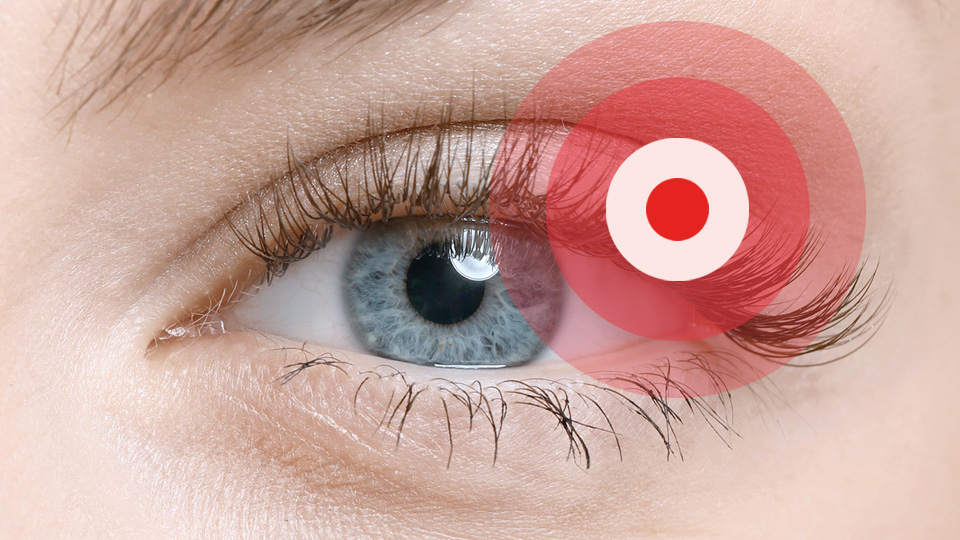Does hyaluronic acid work to get rid of dark circles?
30/06/2025

20/04/2020
Eye herpes is a viral infection that can affect different parts of the eye. The herpes simplex virus type 1 is transmitted through contact with a person who has an active herpes infection. There are cases of recurrent eye herpes like cold sores. The virus enters the human body through the nose or mouth and gets into the nerves where it can remain inactive for an extended period of time. A herpes outbreak is associated with various factors such exposure to UV light, hormonal changes, colds, surgical procedures and even stress.
Eye herpes usually affects one eye only, although there are cases of both eyes. It can affect the eyelids (blepharitis), the conjunctiva (conjunctivitis), the cornea (keratitis), the iris (iridocyclitis) and posterior segment (uveitis).
Symptoms
Treatment
Eye herpes treatment depends on how it affects the eye, but is normally treated with topical antiviral treatment and in some cases anti-inflammatories like topical corticosteroids. In cases where vision is affected because of a dense corneal scar, a cornea transplant may be required to restore its transparency. In cases where the deep eye tissue is affected, or in recurrent cases, the use of oral antiviral medication might be indicated.
Eye herpes is diagnosed through viral serology and by taking a sample using PCR (polymerase chain reaction) tests.
Prevention
To prevent recurrence, we would advise using sunglasses with high UV protection, artificial tears, leading a healthy lifestyle to promote a strong immune system plus regular check-ups with your consultant.
Dra. Maria de la Paz, Ophthalmologist of the Barraquer Ophthalmology Centre